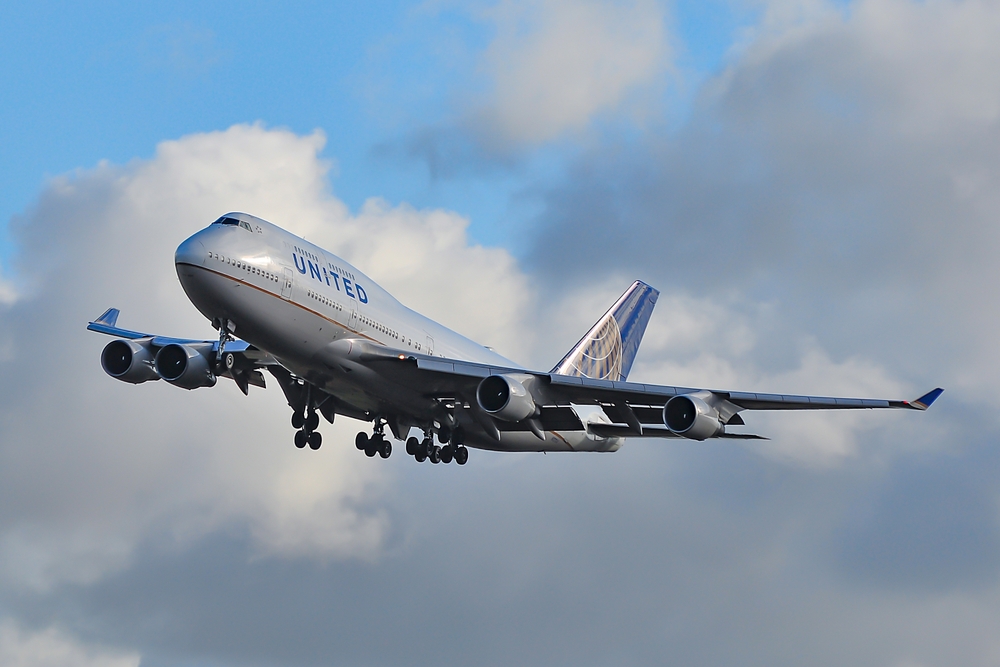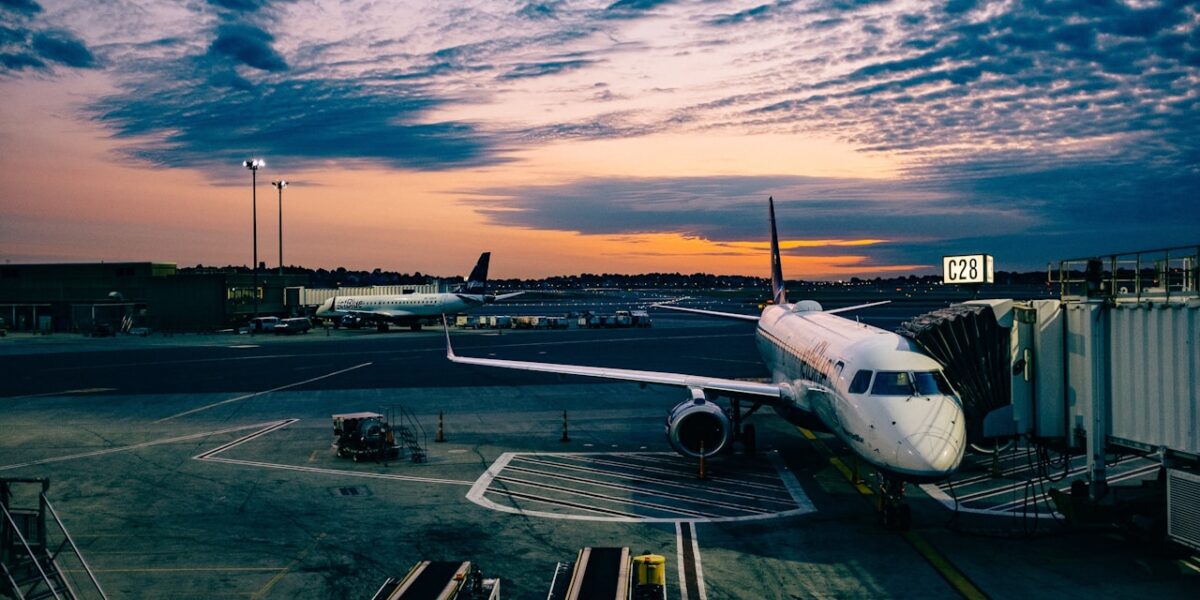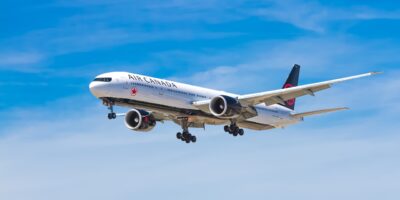737-10: The largest 737 MAX variant offers more seats, greater fuel efficiency, and cutting-edge technology for airlines. Explore its innovations and market impact.
Table of Contents
Boeing 737-10: The Future of Mid-Range Air Travel

The Boeing 737-10, or the 737 MAX 10, is the latest and largest variant within the 737 MAX family of aircraft. Built by Boeing Commercial Airplanes, this model is designed to meet the demands of modern airlines and passengers.
Dimensions and Capacity
The 737-10 stretches to a length of 143 feet 8 inches. This extension provides more room for passengers while maintaining the narrow-body structure. The aircraft has a maximum seating capacity of 230 passengers, depending on the seat configuration. Commonly, the aircraft will seat around 188 to 204 passengers in a two-class configuration.
Performance and Range
The aircraft is equipped with CFM International LEAP-1B engines. These engines deliver optimal fuel efficiency and lower emissions. The maximum range of the 737-10 is approximately 3,300 nautical miles. This distance allows airlines to operate flights over various regional and transcontinental routes.
Technological Advancements
The 737-10 offers several technological advancements. It maintains the enhanced winglets introduced with the 737 MAX series. These winglets contribute to reducing fuel burn and extending range. The cockpit features include advanced avionics, larger display screens, and improved navigation systems.
The aircraft utilizes Boeing’s Sky Interior. This design includes modern LED lighting, larger stowbins, and refined cabin architecture. Passengers experience an overall increase in comfort, making long flights more enjoyable.
Economic Impact
From an economic perspective, the 737-10 is a vital asset for airlines. The larger capacity and improved fuel efficiency reduce the cost per seat mile. Airlines can operate more profitable routes and pass some savings onto passengers. The improved maintenance schedule also reduces downtime and operational costs.
Environmental Considerations
Environmental sustainability is a significant focus for the 737-10. The LEAP-1B engines contribute to a 14% reduction in carbon emissions compared to older 737 models. Noise pollution is also decreased by around 40%. These improvements align with global aviation industry standards aimed at reducing environmental impact.
Commercial Appeal
Airlines value the 737-10 for its versatility. It fills the gap between smaller narrow-body jets and larger wide-body aircraft. This adaptability allows airlines to optimize fleet utilization across various routes. The ability to serve both high-density short-haul and medium-haul markets makes it an attractive choice.
Safety Features
Safety remains a core focus with the 737-10. Enhanced training programs and updated flight simulators are in place to ensure pilot proficiency. The implementation of the Maneuvering Characteristics Augmentation System (MCAS) has been refined. These steps ensure both regulatory compliance and passenger trust.
Comparisons with Other Aircraft
When compared to its competitors, the 737-10 holds distinct advantages. Its direct rival is the Airbus A321neo. It offers a slightly lower cost per available seat mile and similar range capabilities. Different airlines may prefer one model over the other based on specific route needs and fleet strategies.
Market Position and Orders
Boeing has received substantial orders for the 737-10 from prominent airlines. Major carriers such as United Airlines and Southwest Airlines are key customers. These orders signify confidence in the aircraft’s capabilities and market potential.
Future Prospects
The aviation industry anticipates steady demand for the 737-10. As global travel trends evolve, the need for efficient, high-capacity aircraft remains. Long-term prospects look promising, particularly in expanding regional markets and emerging economies.
The Boeing 737-10 represents a forward-thinking approach to modern aviation needs. Its combination of efficiency, capacity, and technological advancements positions it as a pivotal aircraft for airlines worldwide.
Conclusion
The 737-10 is a revolutionary aircraft in modern aviation, offering increased capacity, fuel efficiency, and advanced technology. With seating for up to 230 passengers and a range of 3,300 nautical miles, it bridges the gap between narrow-body and wide-body jets. Enhanced winglets, improved avionics, and Boeing’s Sky Interior boost passenger comfort and operational efficiency. Airlines benefit from lower costs per seat mile and reduced environmental impact. Competing with the Airbus A321neo, the 737-10 remains a strategic choice for expanding fleets. Its strong market demand and future potential solidify its role in shaping the future of mid-range air travel.



